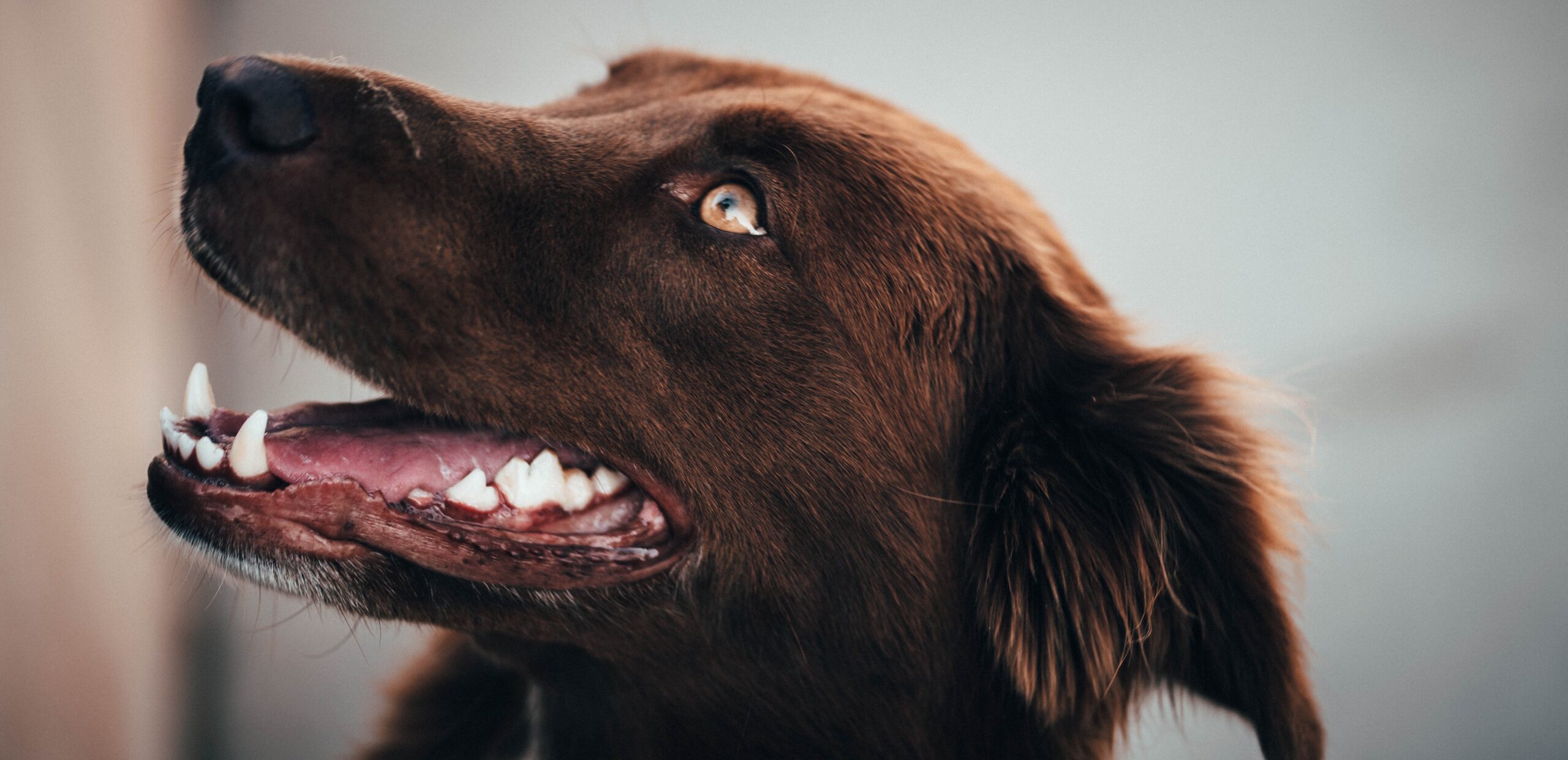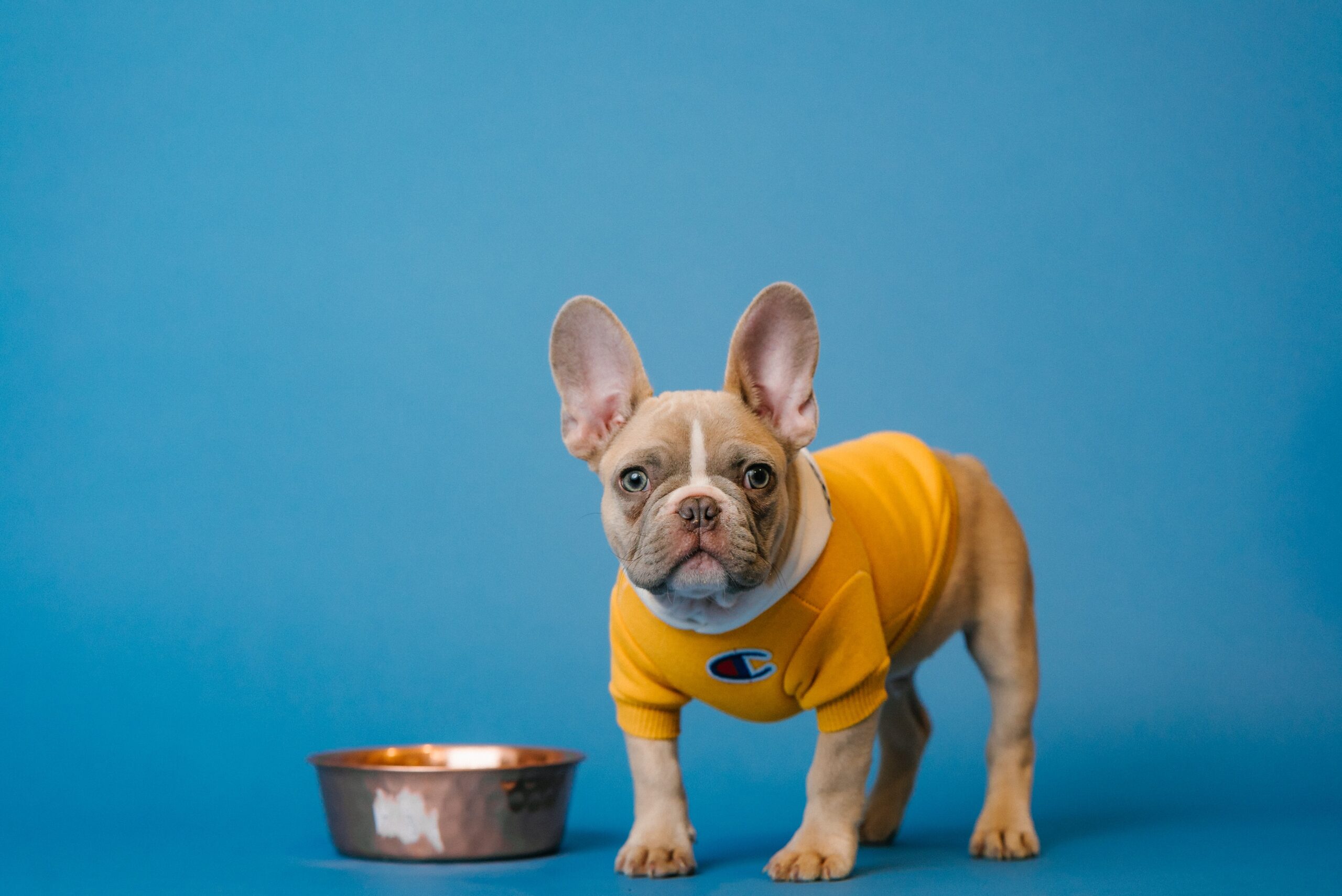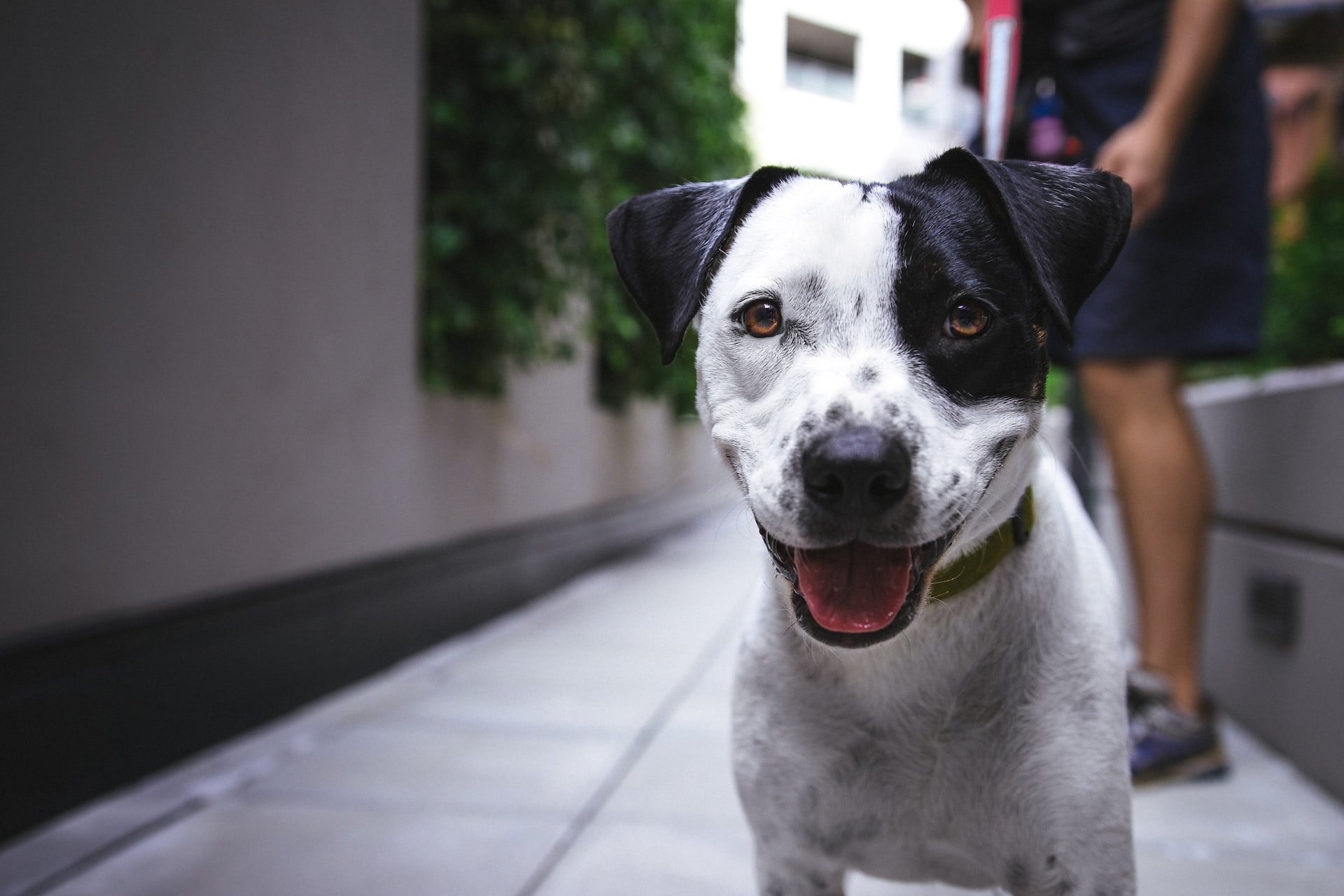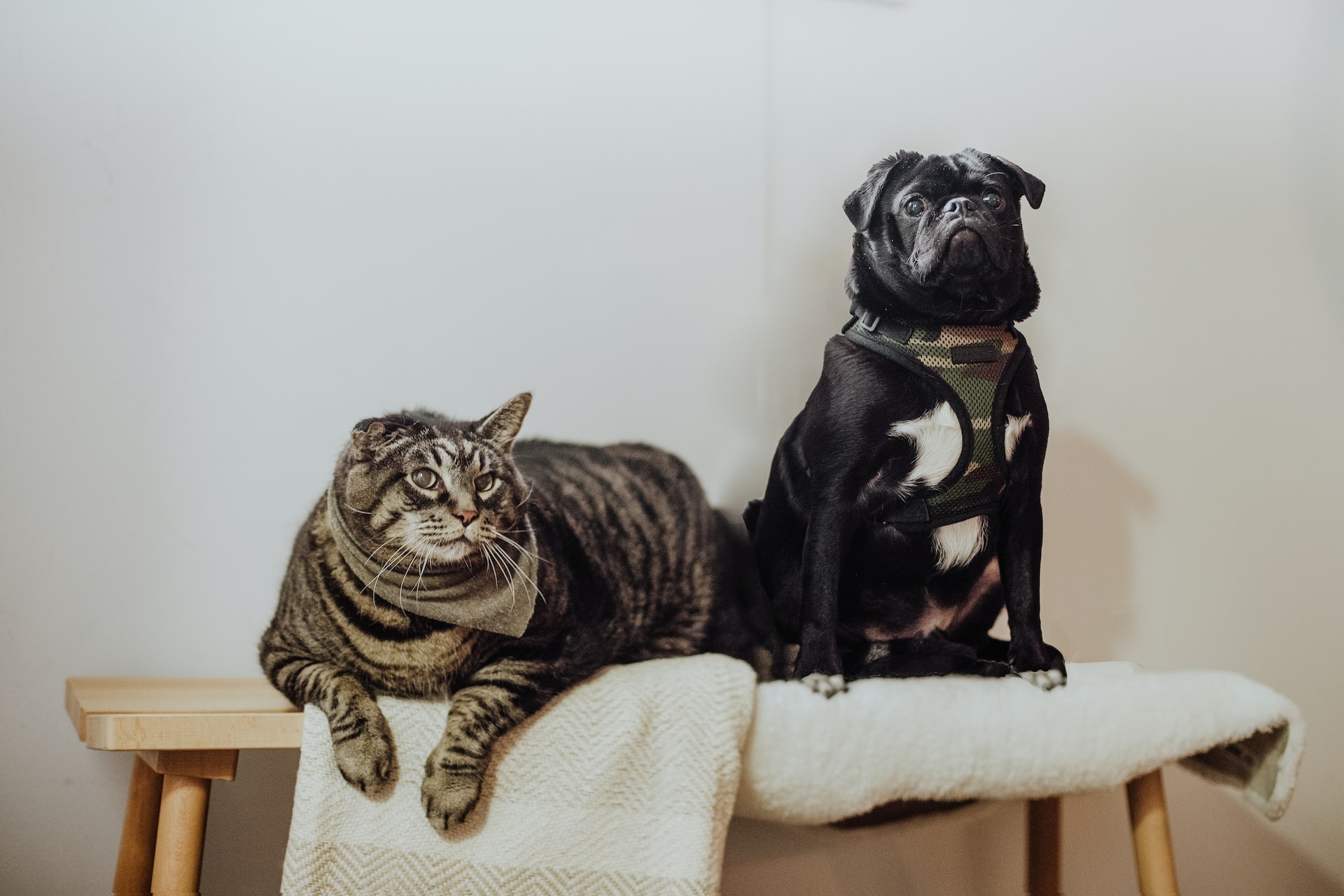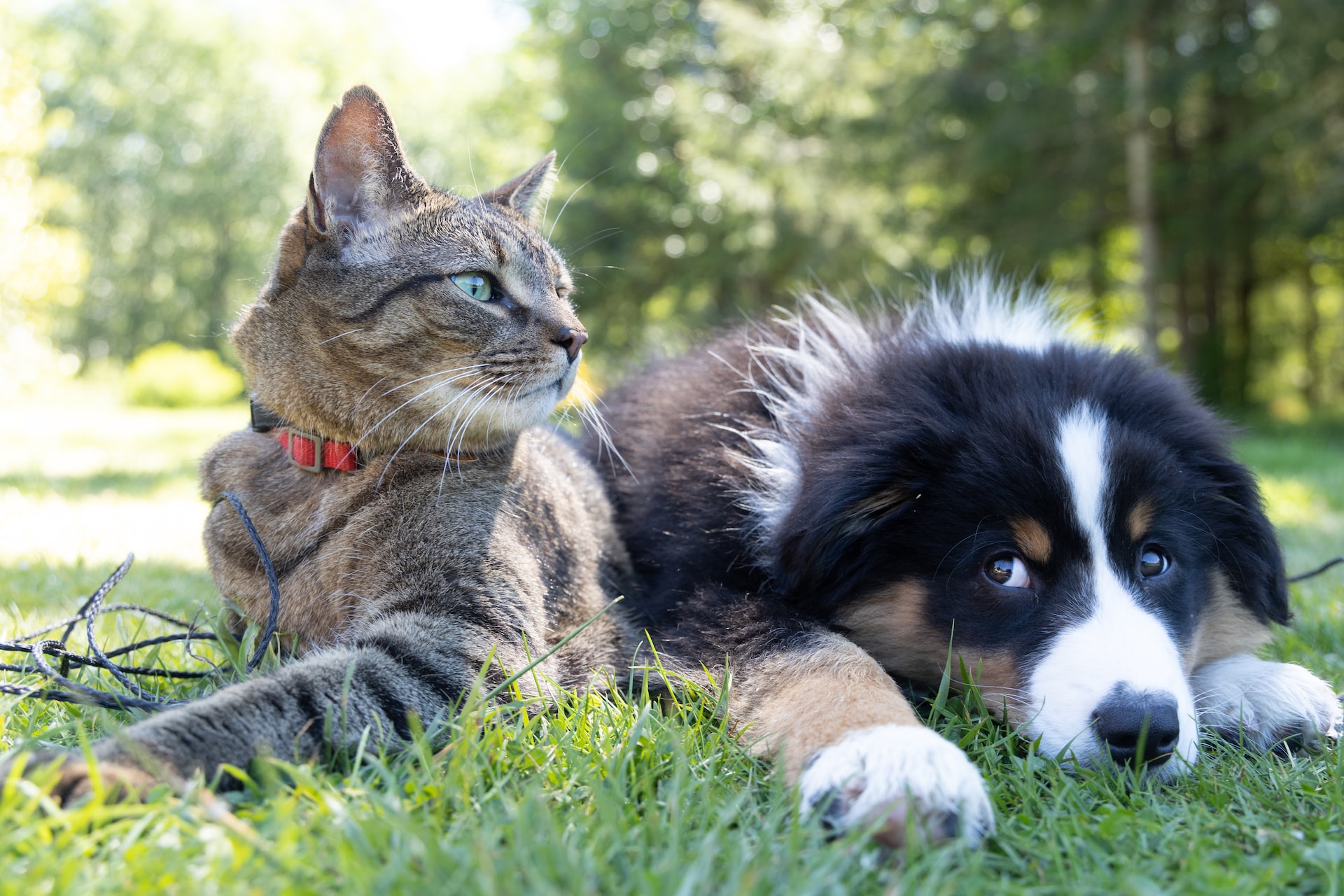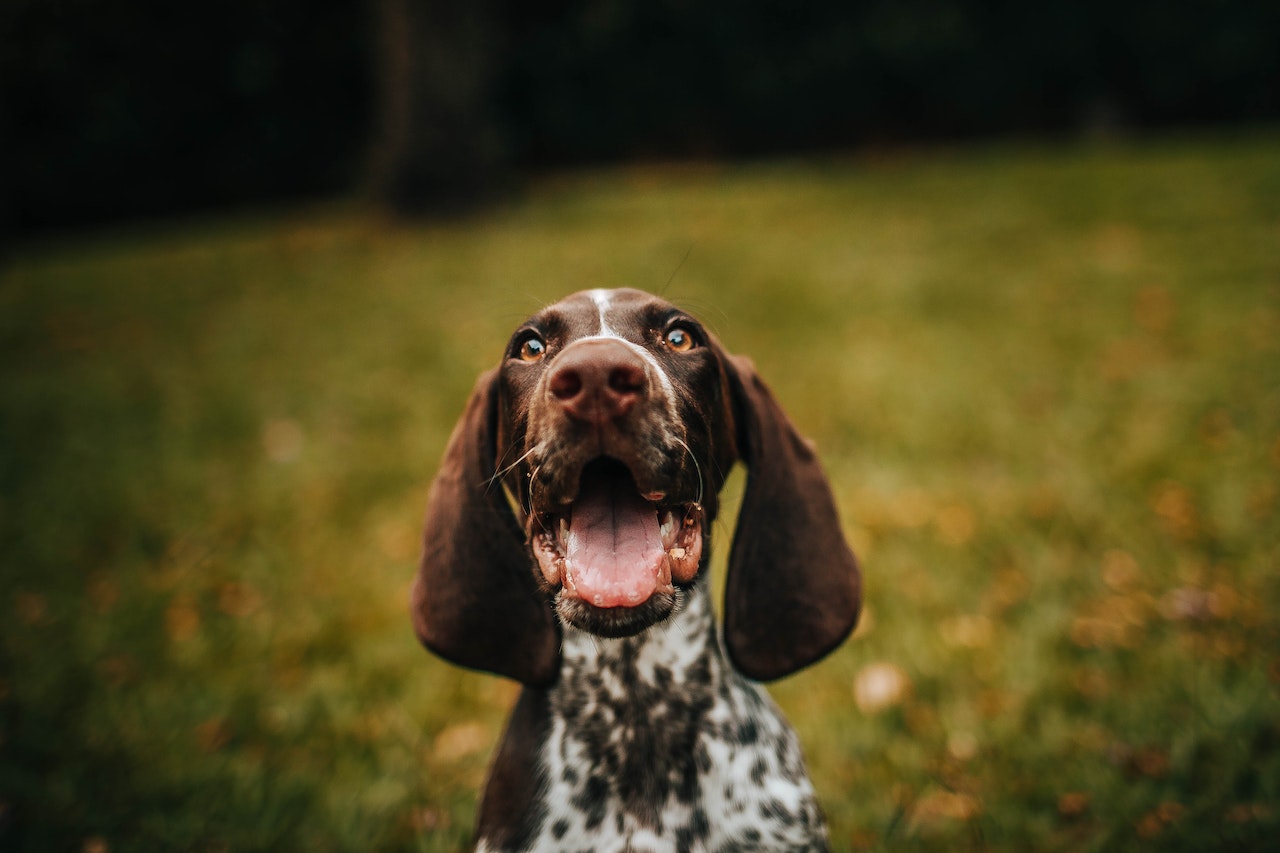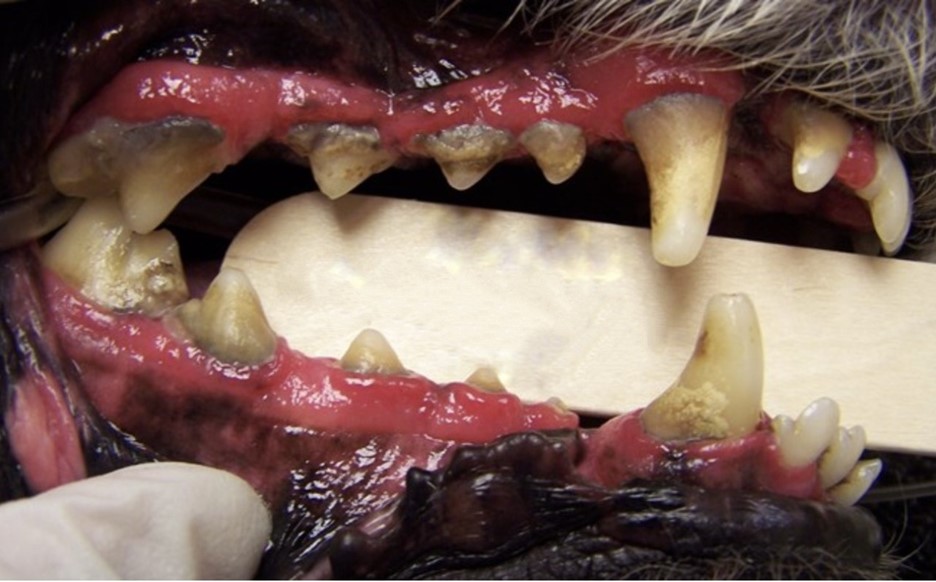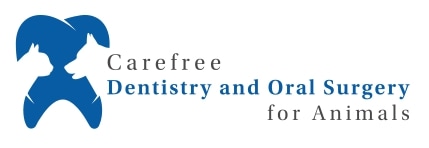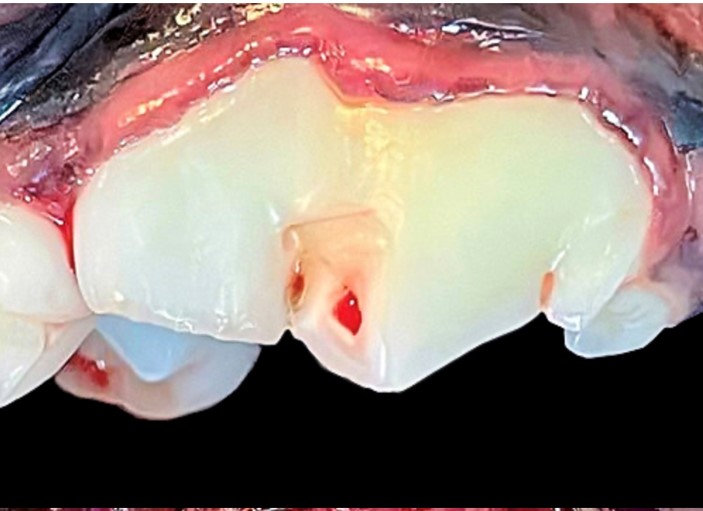09 Jun What Is a Board-Certified Veterinary Dentist?
A board-certified veterinary dentist is a highly trained professional who has pursued advanced education and achieved certification in the specialized field of veterinary dentistry. These individuals have undergone rigorous training and met stringent requirements to obtain their certification, making them experts in diagnosing, preventing, and...

